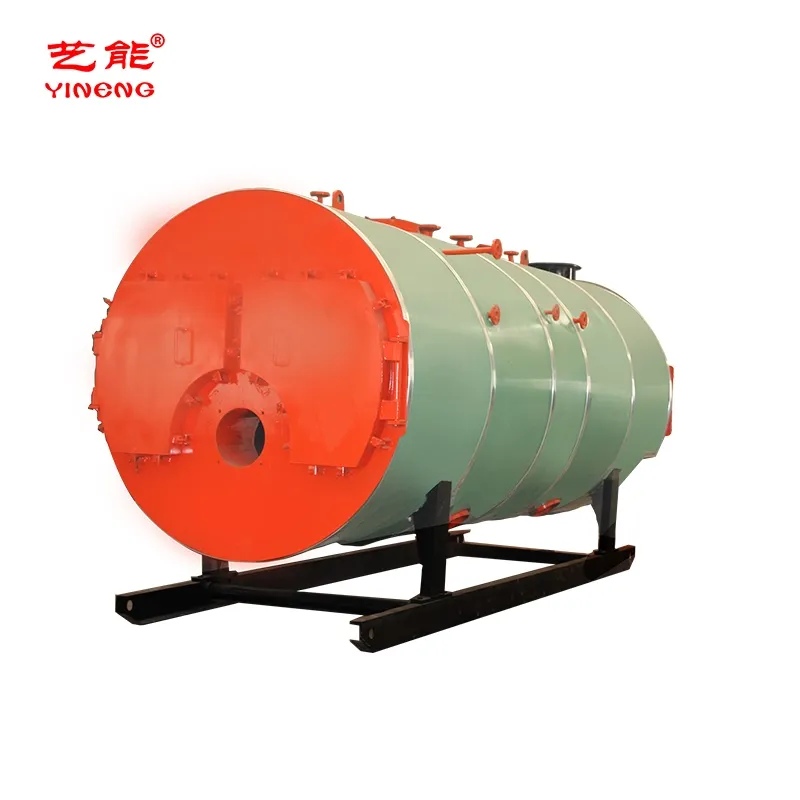Efficient Heating Solutions for Hot Water Boiler Systems and Furnaces
Understanding Hot Water Boiler Furnaces An Essential Guide
Hot water boiler furnaces are integral components in residential and commercial heating systems. They serve the vital function of generating hot water that is then circulated through radiators, underfloor heating systems, or domestic hot water taps. Understanding the intricacies of hot water boiler furnaces can help homeowners and businesses make informed decisions regarding their heating needs, efficiency, and maintenance.
What is a Hot Water Boiler Furnace?
A hot water boiler furnace is a heating device that heats water and distributes it throughout a building. Unlike traditional furnaces that warm air, a boiler heats water and can either provide hot water directly or transfer heat to air via a heat exchanger. There are different types of hot water boilers conventional boilers (which use natural gas, propane, oil, or electricity) and more advanced models like combi-boilers that provide both heating and hot water.
How Do Hot Water Boilers Work?
The operation of a hot water boiler furnace revolves around the principles of thermodynamics. The boiler heats water using a burner or heating element. Once heated, the hot water is pushed through pipes to various heating elements installed throughout the structure. As the water cools, it returns to the boiler to be reheated, thereby creating a closed-loop system.
Most hot water boilers operate at varying capacities and temperatures, depending on the specific heating requirements of a building. The efficiency of a boiler is evaluated using the Annual Fuel Utilization Efficiency (AFUE) rating, which reflects the percentage of fuel converted to useful heat.
Advantages of Using Hot Water Boiler Furnaces
1. Efficiency Hot water boilers, particularly high-efficiency models, can convert more fuel to usable energy compared to conventional systems, leading to lower energy bills.
2. Comfort They provide consistent heat as water retains warmth longer than air. This helps in maintaining a steady temperature throughout the building.
3. Versatility Hot water from the boiler can be used not only for heating but also for household needs like showers, washing dishes, and laundry.
Choosing the Right Hot Water Boiler Furnace
Selecting the right hot water boiler furnace involves consideration of several factors
hot water boiler furnace

- Size It's crucial to choose a boiler that is appropriately sized for your space. An undersized unit will run continuously and may not adequately heat a building, while an oversized unit can lead to inefficiencies and increased wear.
- Fuel Type Identify the most readily available and cost-effective fuel option for your area. Natural gas is often cheaper but may not be accessible in all regions.
- Efficiency Ratings Look for products with high AFUE ratings. Although these may have a higher initial cost, they will save money in the long run through fuel savings.
- Installation and Maintenance Professional installation is vital for optimal performance. Additionally, consider ongoing maintenance needs as regular servicing can prolong the life of the system and prevent costly repairs.
Maintenance of Hot Water Boilers
Regular maintenance of hot water boiler furnaces is necessary to ensure efficiency and longevity. Homeowners should schedule annual inspections with a licensed heating contractor. During these inspections, the technician will check for leaks, assess the condition of fittings and flues, and ensure that the system operates at peak efficiency.
Regular maintenance tasks include
- Flushing the System Sediment can accumulate and lead to inefficiencies. Flushing removes buildup and helps maintain efficiency.
- Inspecting the Pressure Relief Valve This safety device prevents excessive pressure buildup, and regular checks are essential.
- Testing the Thermostat An accurate thermostat ensures the boiler operates only when needed, optimizing energy use.
- Checking for Leaks Any leaks should be addressed immediately to prevent water waste and damage.
Conclusion
Hot water boiler furnaces offer a reliable and efficient heating solution for various applications. By understanding their functionality, benefits, and maintenance requirements, homeowners and business owners can invest wisely in their heating systems, ensuring warmth and comfort for years to come. Always consult a professional to tailor your heating system to your specific needs and to navigate the complexities of installation and maintenance successfully.
-
Custom Steam Boilers Manufacturer | AI-Enhanced EfficiencyNewsJul.31,2025
-
Top Electric Steam Boiler Makers | AI-OptimizedNewsJul.31,2025
-
Top Electric Steam Boiler Manufacturers - High Efficiency SolutionsNewsJul.30,2025
-
Top Electric Steam Boiler Manufacturers – Efficient Industrial SolutionsNewsJul.29,2025
-
Top Electric Steam Boiler Manufacturers | Reliable Industrial SolutionsNewsJul.29,2025
-
OEM Steam Boiler Solutions for Custom Needs | High Efficiency & VersatilityNewsJul.29,2025

